In addition to academics, I am a bit of a music nerd; I have played the piano since I was five, and sing in my school’s select women’s ensemble. In a sense, it is my catharsis, whether that is through playing/singing, or taking the long way home so I can loop Billy Joel’s “The Longest Time” for the third time in a row.
0 Comments
Aside from academics, I am volunteering at Kindred Hospice and completing my EMT certification this summer. In my free time, I play piano, read, and travel with my family. I also love to play volleyball with my friends and babysit at our local community center. It’s only been a week, but I’ve already learned so much at TRIP! I am beyond excited to continue learning about various assays and fly behavior. I am honored to be a part of TRIP and it’s going to be a great summer!
I’m looking forward to learning as much as I can about fruit flies, conducting independent research, and getting to know what it’s like to work in a lab. I will do all this while trying to avoid accidentally killing dozens of fruit flies through excessive CO2 exposure in order to intentionally kill them later to perform a microbiome assay and measure the effects of senna and sugar intake on the flies’ gut bacteria...
Even though the flies will eventually need to die, they need to be kept alive long enough that any effects of them eating altered food become noticeable. This presents several problems, the most immediate of which is how to transfer the flies between vials. As you probably know, flies fly, so we can’t just dump one vial into another without getting flies everywhere and making Dr. Purdy wonder why she ever let us past the interview.
Stay tuned to hear more about the exciting world of flies’ gut bacteria! It’s a blast, I assure you.
Hello, I’m Julia Morris! I’m 17 years old, and I’m a rising senior at J.R. Masterman High School in Philadelphia. I want to pursue a STEM career that pertains to biology and engineering.
This upcoming year, I will serve as my school’s National Honor Society coordinator. In the past, I’ve helped organize a Red Cross Blood Drive at my school, and I look forward to being able to run the drive this year. Earlier this summer, I competed with my school’s chapter at the National Technology Association Conference in Washington, D.C.. I placed top 10 in three of my events (including one individual speaking event, a biotechnology project, and an engineering design project). This was my first year in TSA, but I’m so glad I found this organization and will have another year to compete. In the fall, I'm the Boys' Varsity Soccer team manager. This is probably my most entertaining and favorite extracurricular I participate in. I've been playing the violin for 8 years and play in my school's chamber ensemble. Some of my favorite classes this year included anatomy & physiology, microbiology, and AP Language. While I consider myself a STEM-driven student, English has a special place in my heart. I will always find a way to tie science topics into my writing AND tie beautiful writing into my science projects. I’ve never had space in my schedule to fit in art classes, but I boast a very color-coordinated note collection to make up for it. I'll be applying to college this summer, and am looking to stay in the Philadelphia area. I’ve also volunteered at Fox Chase Cancer Center for the past few years and will be there again this summer. You can find me on Monday mornings at the Clinical Support Desk! So far, I have had a blast getting to know my peers and advisors, sorting flies, and thinking about what I want to achieve in my independent project. I can’t wait to see what TRIP has in store for me!
Every following week of TRIP, I spent two hours conducting the larval memory assay. At first, the idea of training fruit flies to learn was just mind-boggling and even comedic. However, I soon grew to realize the striking similarities between larvae and humans. The fruit fly larvae were able to associate a banana scent with sugar, and a pineapple scent with no sugar. The larvae definitely enjoyed the banana scent more, since sugar added a nutritional advantage to their diet. After successive rounds of training larvae on separate scented agar plates, I tested their memory by placing them on a sugar-free agar plate with a pineapple scent and a banana scent side. To my surprise, most of the larvae in my control group actually were able to recall that banana meant sugar! Unfortunately, my data also supported the claims made by the FDA. Larvae that were exposed to the statin drug had as much as a 12% drop in cognitive function! In addition, the fruit flies also experienced detrimental hits to their fertility, as the number of embryos per female dropped by as much as 90% with the intake of atorvastatin! Clearly, atorvastatin had negative impacts in both the aspects of cognitive function and female fertility. However, statin intake also results in great gains, such as a decreased potential of getting cardiovascular diseases. My research aims to shed light on the possible consequences of ingesting statins, but the benefits must also be weighed in. Throughout the fourteen weeks of TRIP, I have learned far more than just laboratory techniques. I have learned to look at problems and questions from different perspectives in order to reach a resolution. However, most importantly, I was further able to experience the power of teamwork. Three of my fellow TRIP classmates and I formed an unimaginably close bond as we examined our own questions. All four of us were active researchers performing the larval memory assay. Every single week, we would start out with making agar plates together as a team. One of my favorite TRIP moments was pouring agar plates with my fellow labmates. We would then work as a team to navigate the seemingly complicated steps to the memory assay. It really was an exceptional partnership that transformed the way I perceived lab work.
These past fourteen weeks of research with TRIP was truly revolutionary. I enjoyed the experience so much that I look forward to many future research opportunities down the road! Figuring out my project was really difficult for me because I had no clue where to start. I knew I wanted to do something different from the projects I had read about in the past, but I had zero ideas. For our project, we were allowed to pursue any plausible idea. That type of open-endedness really stumped me. For inspiration, I tried to think about things that my family and I do daily. I tried out a few ideas on my friends and family, and began to focus in on diet as my general topic. While discussing possible project ideas with my parents, they presented the idea of fasting. I thought it was really interesting, a little difficult to execute, but really interesting, so I ran with it. Also, after looking into it a bit further, I realized there weren't many strong conclusions about the effects of fasting, so I thought it would be fun to research!
My project called for work outside of class, since I had to fast the flies at different times a day, but the support of my instructors and family made this seemingly daunting task much much easier. It’s been interesting to observe how an initial vague idea about different types of diets evolved into testing legitimate fasting schedules that people really use. I loved studying something so relevant, popular, and relatable. My final experimental question was: How do different types of fasting affect the activity and gut microbiome of an organism? After about 6 weeks of experimentation, I have concluded that fasting in the evening, or skipping dinner, is more beneficial than fasting in the morning and intermittent fasting. This schedule promotes the most activity, and although all fasting drastically decreases bacteria in the gut microbiome, fasting at night promotes the most of the three schedules. These results were very shocking to me because of the satisfaction that seems to surround intermittent fasting, but also good for me because I am always skipping dinner! At the beginning, it was hard for me to get a single assay done with all the other tasks I had to complete, but by the end, I was finishing 3 assays on time. Looking back, it is crazy how much Dr. Purdy, Dr. Leystra, and Dr. Gardiner taught me in such little time. Even crazier is looking back at how our relationships have changed over the weeks, and how much we were able to learn about each other.
As you may remember from my previous post, my project involved feeding adults flies drugs that inhibit DNA methylation and then observing the inherited effects of the drugs on offspring. However, in my last post, I mentioned that I was planning to use the drug Hydralazine. Unfortunately, the only way I could have obtained any Hydralazine was by having a heart attack and then acquiring a prescription for the drug (which can prevent heart problems as well as inhibiting DNA methylation). I couldn’t induce a heart attack, so I just chose a different drug instead! I settled on EGCg: an antioxidant found in green tea. EGCg was much easier to obtain ― I just bought it from the Vitamin Shoppe! Now that my project has come to a close, I have concluded that EGCg does in fact have a negative effect on the health and activity of offspring, as shown through poor performance of offspring from drugged parents during the negative geotaxis assay and the % hatching portion of the female fertility assay. Thus, my hypothesis was supported! I wasn’t able to definitively prove that EGCg’s effects on methylation were accountable for my observations, but that would definitely be my next step in this experiment. I hope to do this by analyzing larval polytene chromosomes (found in salivary glands), also known as “giant chromosomes”. As the name implies, these chromosomes are very large and can be easily viewed under a microscope. They can be stained using various techniques that reveal regions of highly methylated DNA. By comparing the staining patterns of chromosomes from different flies, I can directly determine the effect of EGCg on methylation. I can then draw connections between these conclusions and my initial observations that EGCg decreases offspring health and activity.
They say that time flies (sorry) fast when you’re having fun, and truer words have never been spoken. For the last month and a half I’ve had a chance to see my project blossom into something that is worthwhile to not just me, but to an audience. Even though I know I’ll be nervous, I am excited to present myself at the final symposium. Sure, the results aren’t what I expected, but as I have come to learn in the lab, using the word “expected” is just jinxing yourself in the future! For me though, TRIP isn’t about the fly sorting or data collecting. We all know it’s an important part of the job - but what’s even more important is the environment we’ve created. We’ve all had our fair share of stumbling points, yet here we are, ready to present for the final time. I’d really like to take this opportunity to thank my instructors, TAs, and peers for a truly awesome time. We’ve shared laughs and hugs, but also criticism and pointers. I couldn’t have succeeded without you guys.
So, yes, I now have some insight as to how to achieve better sleep (aside from going to bed earlier which I find impossible to do), but I have also found great, long-lasting rewards from my time in TRIP. I worked with amazing instructors whose dedication and sincere interest in all of the students was beyond impressive, and I met new friends who helped me through the process. We all faced challenges in our projects and assignments and learned a lot navigating through them. Guest speakers introduced me to careers in science and increased my interest in scientific research. I started the program with zero lab experience, and now, I can maneuver through a lab with added confidence. Definitely, without a doubt, a TRIP worth taking! |
Archives
April 2024
Categories
All
|




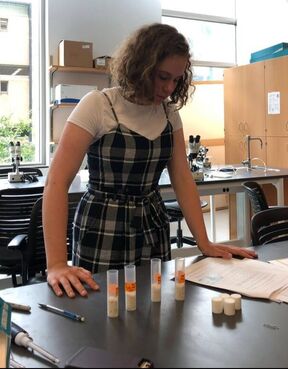
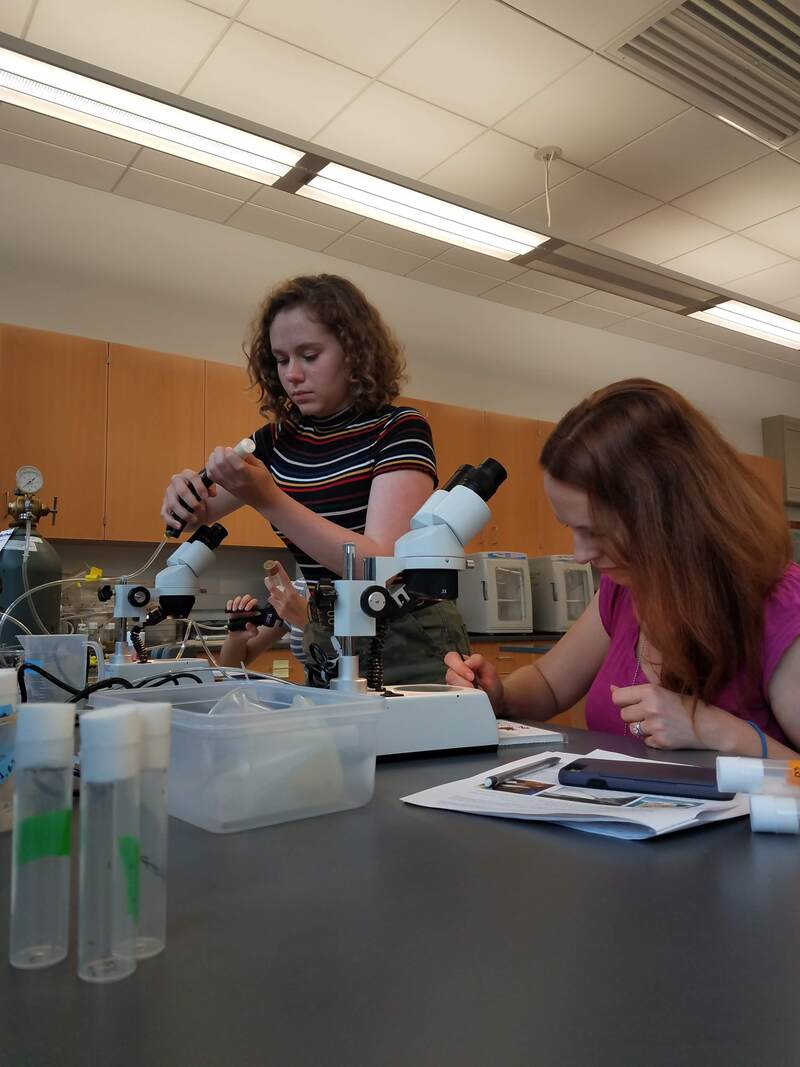
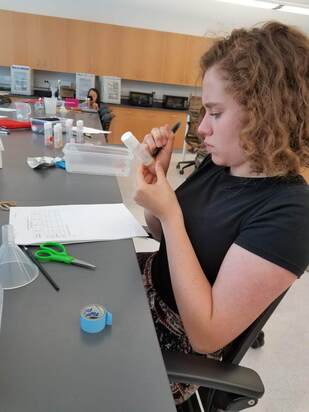
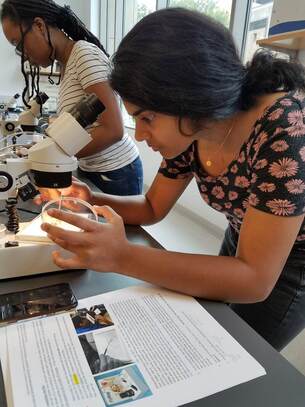
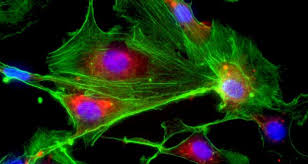
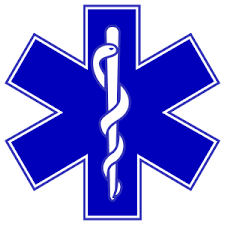


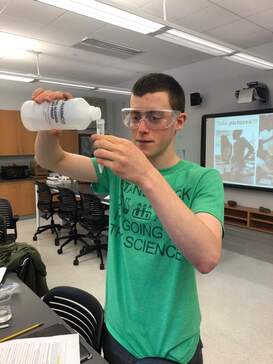



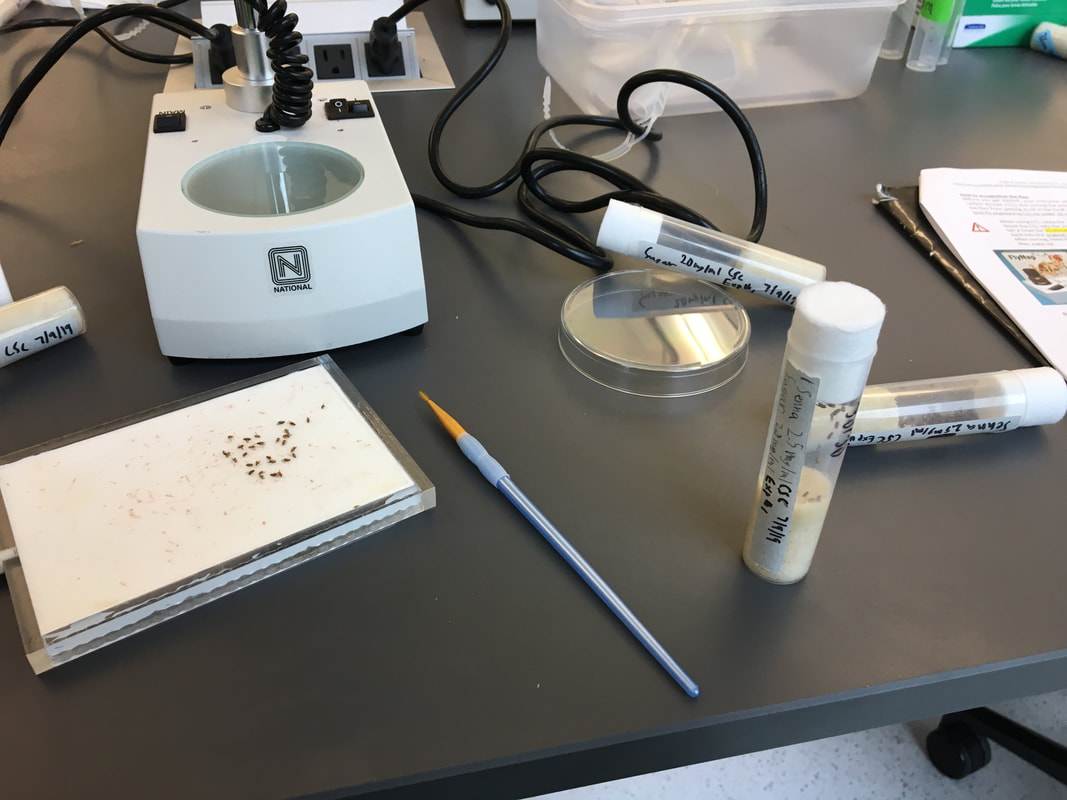
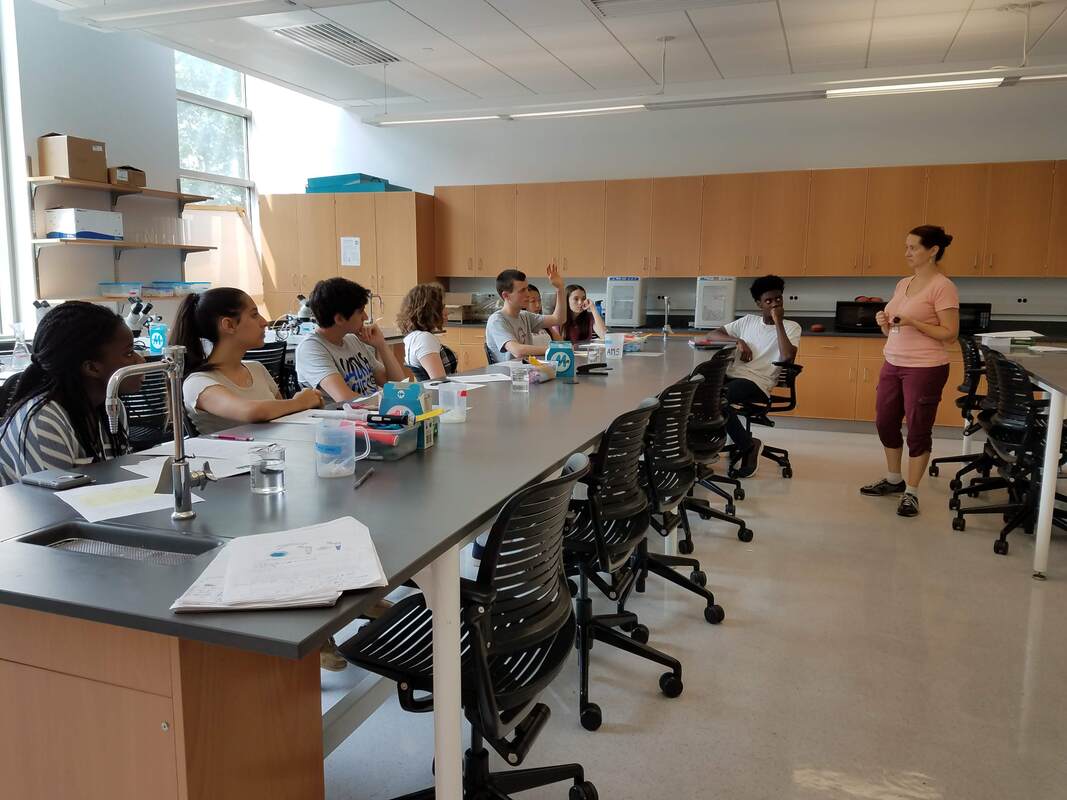
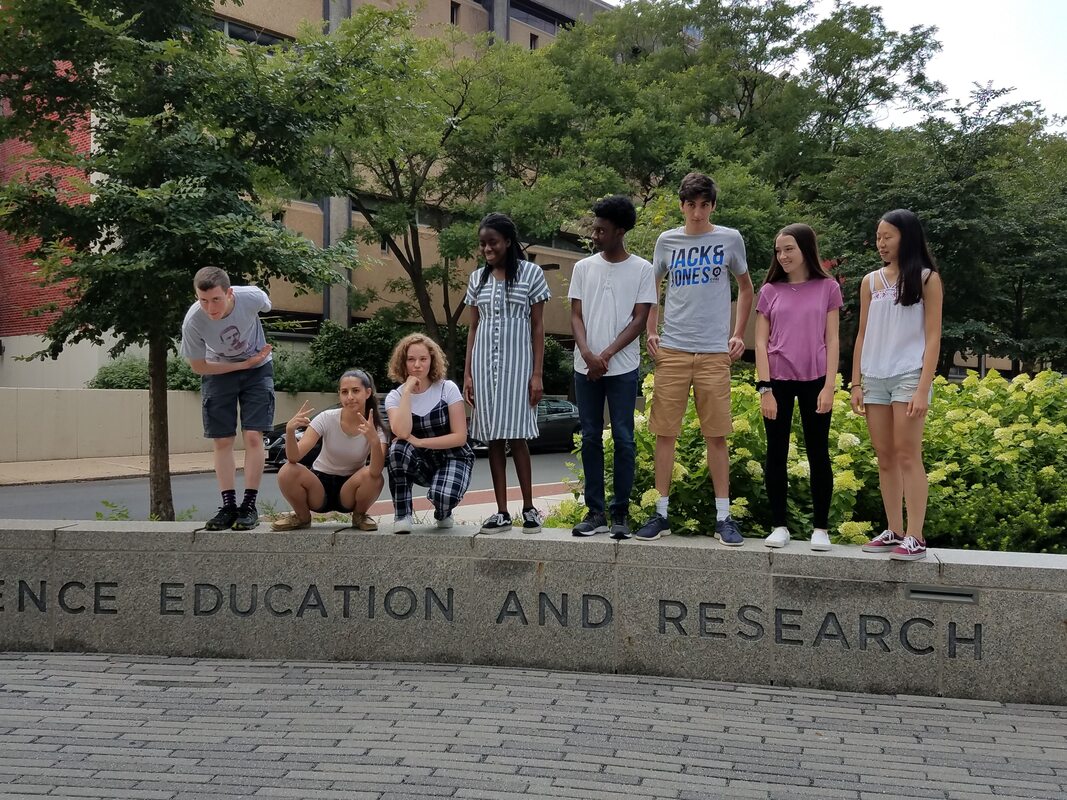
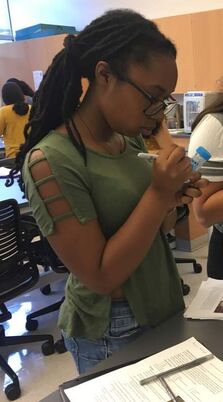



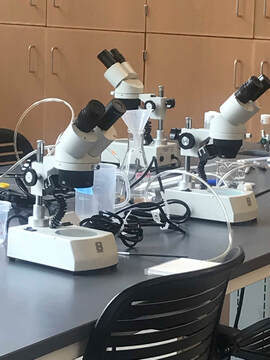
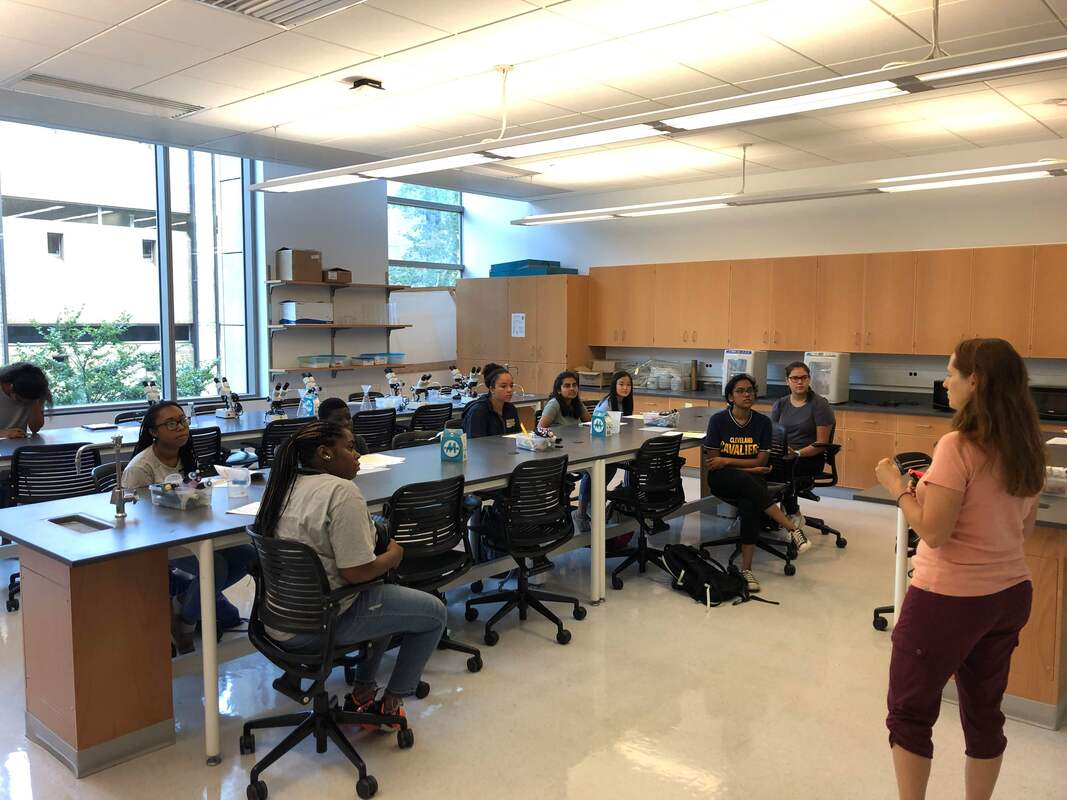
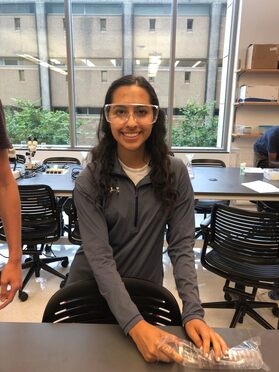
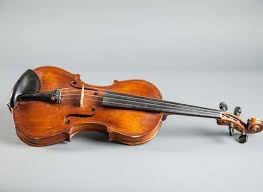


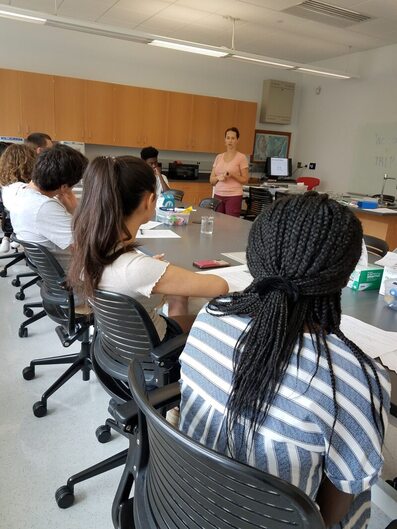
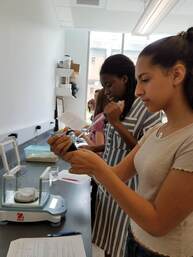
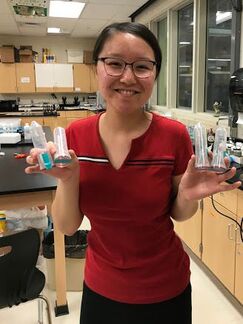
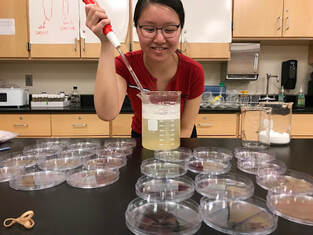
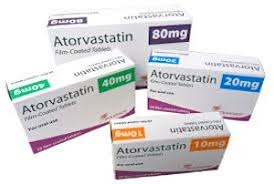
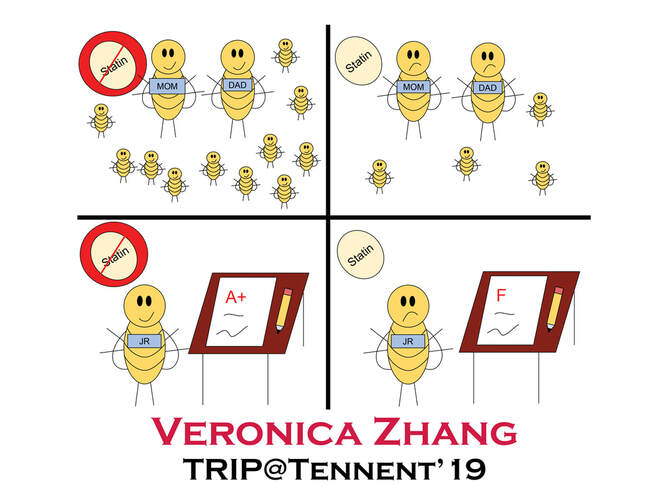
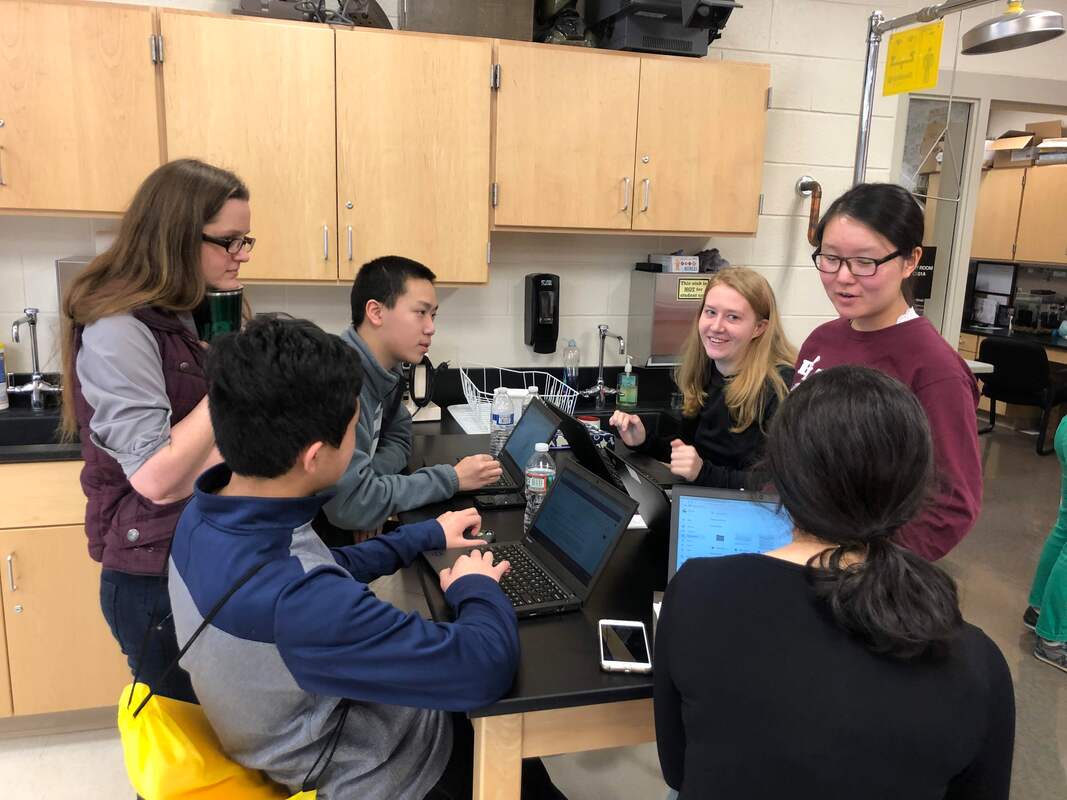
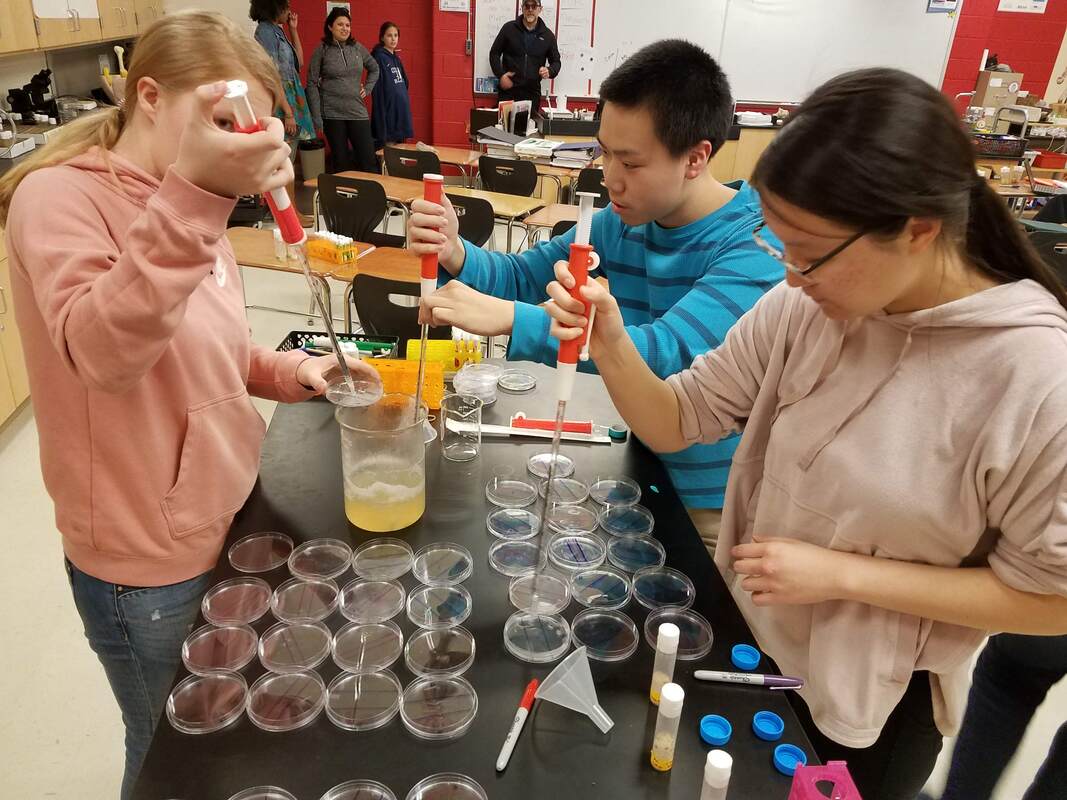
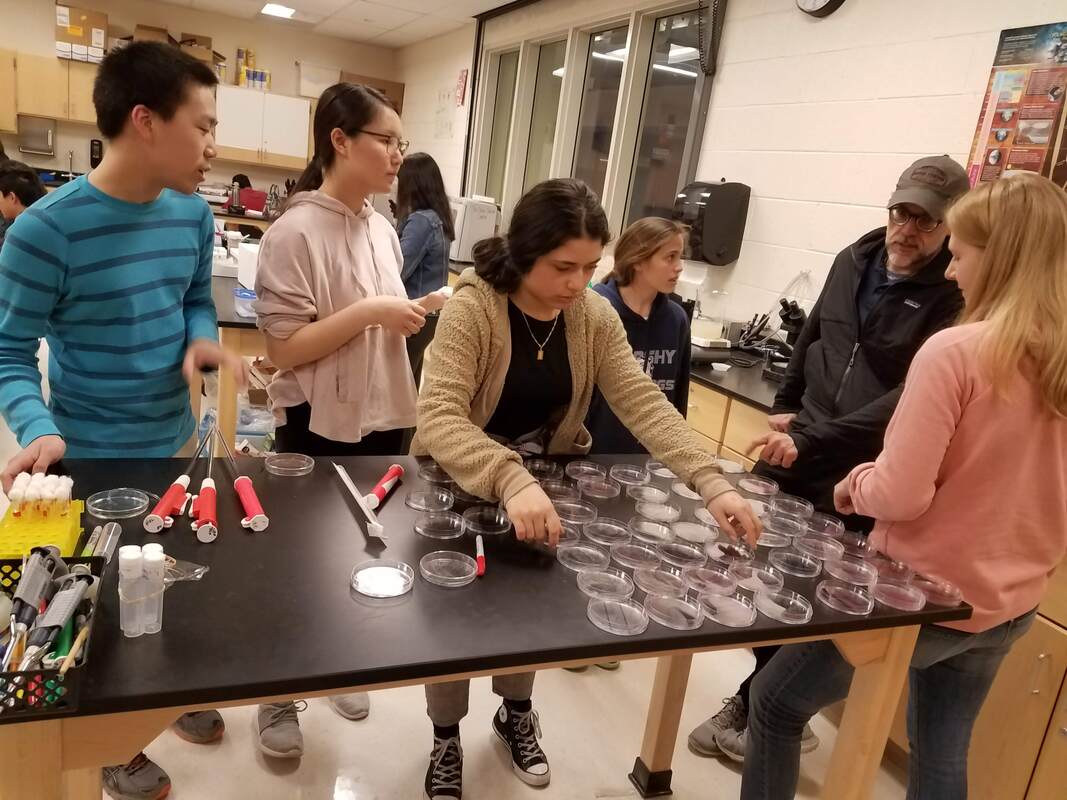
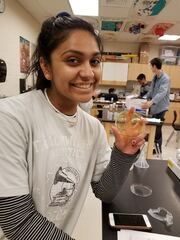
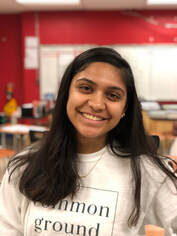
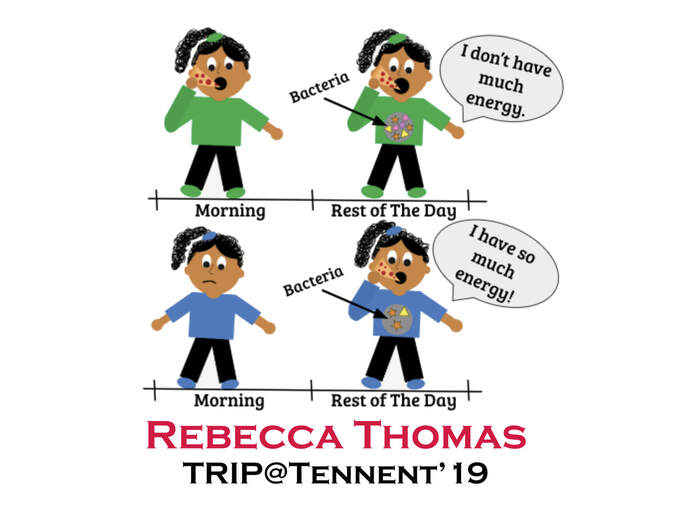
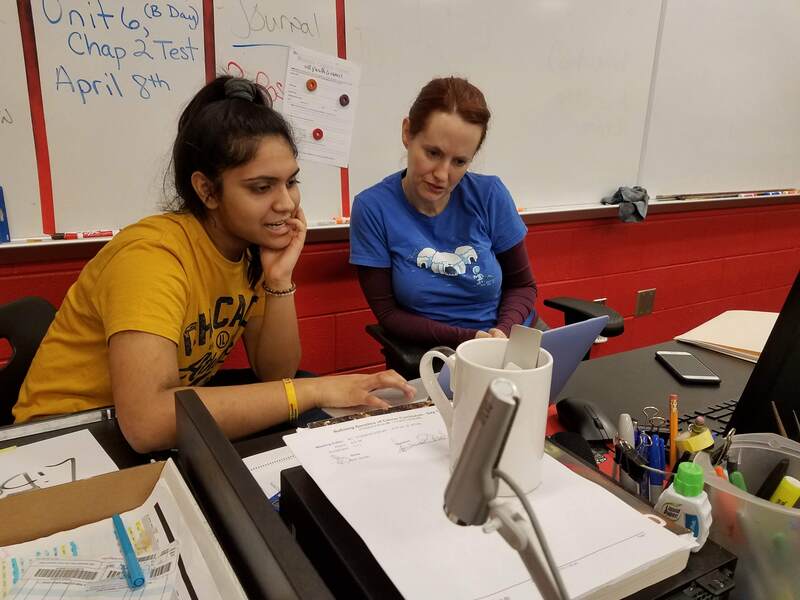
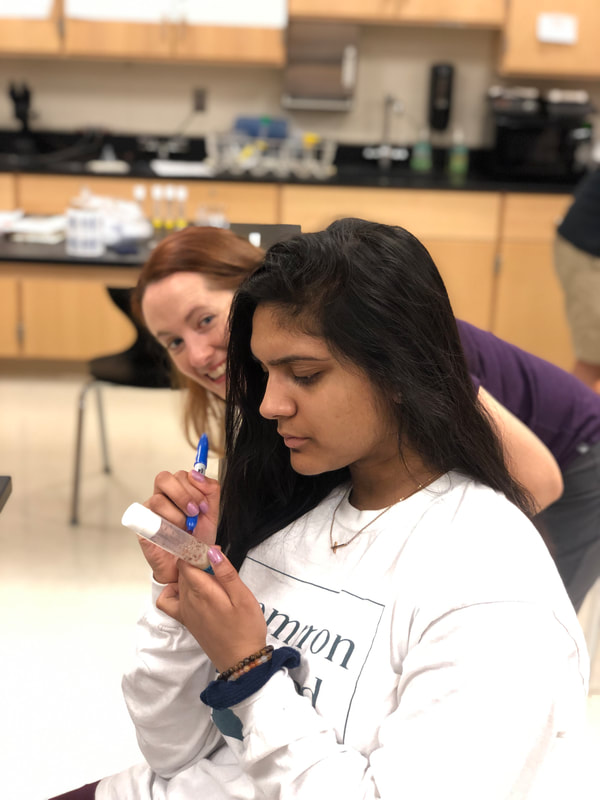
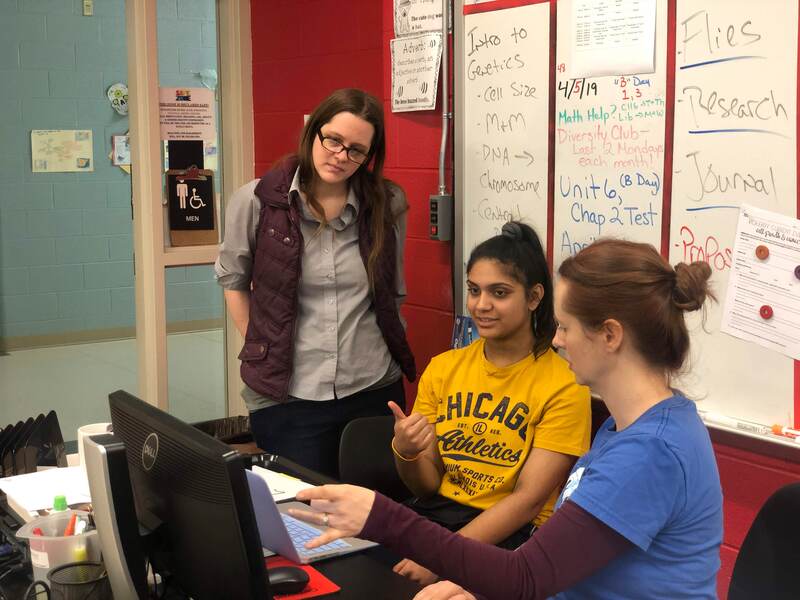
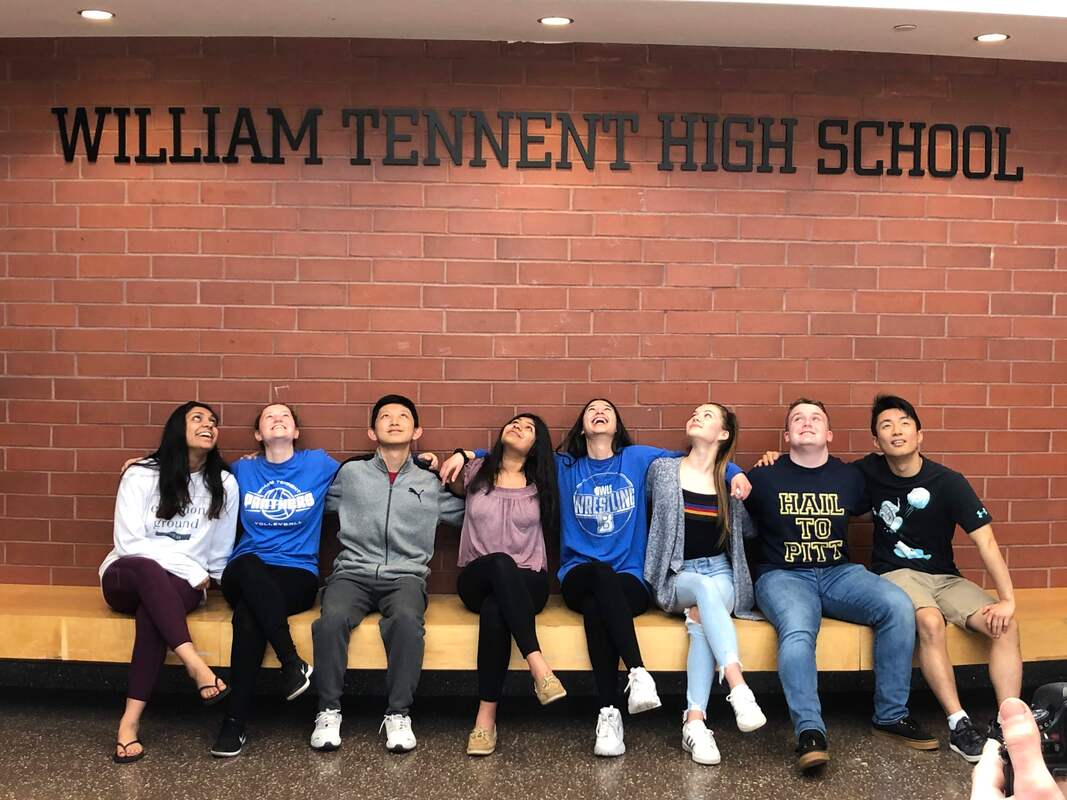
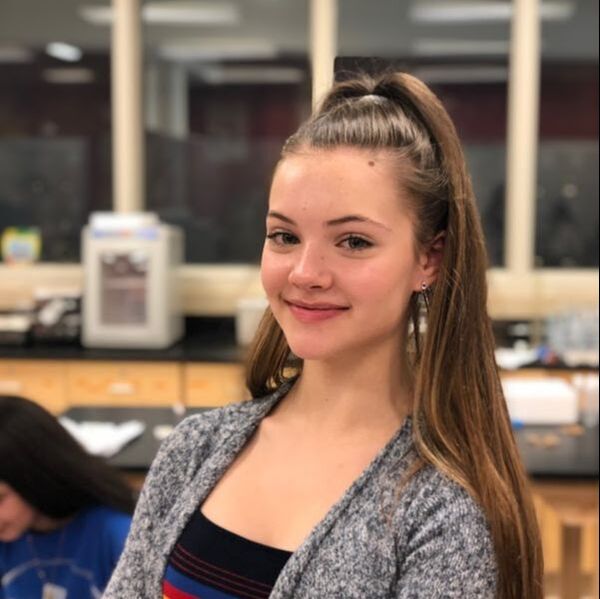
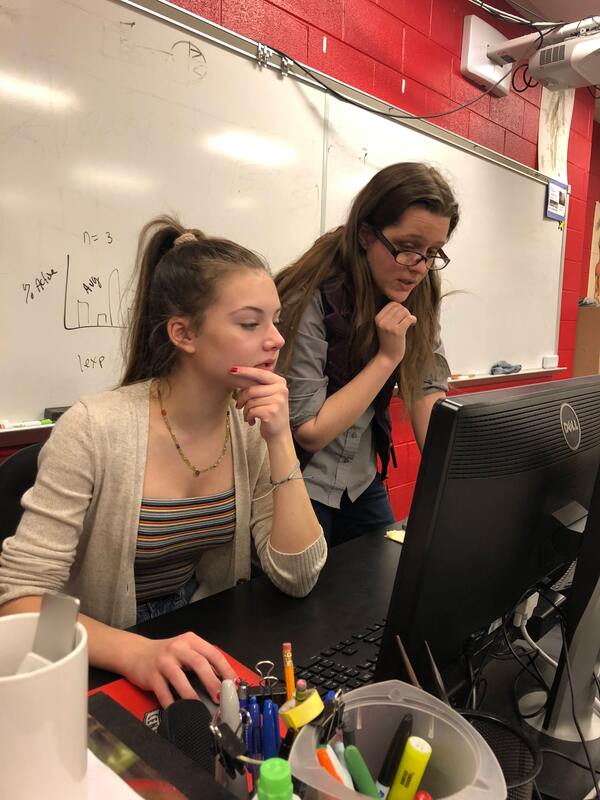
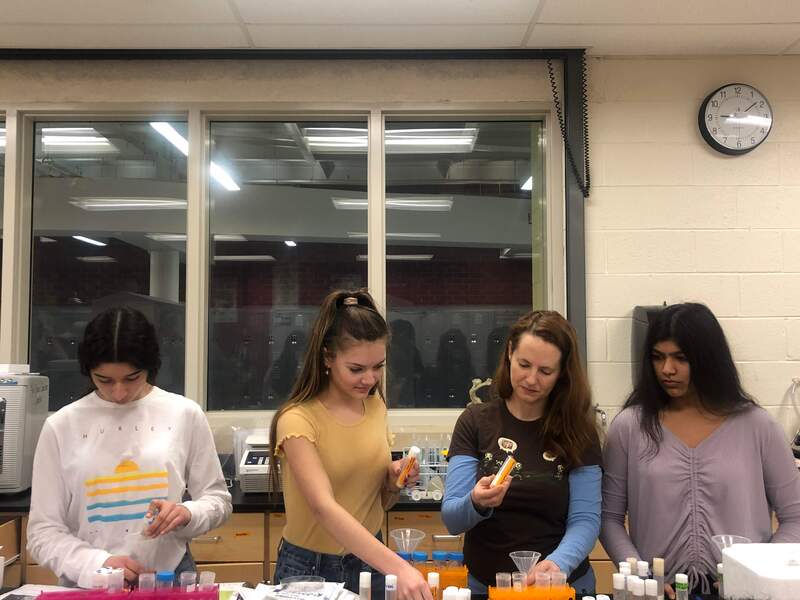
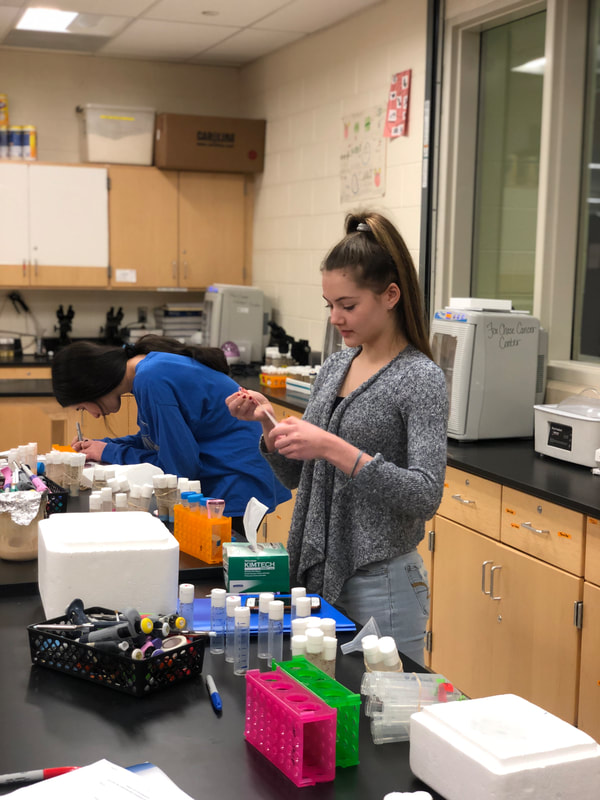
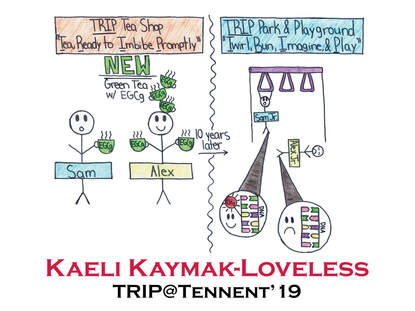
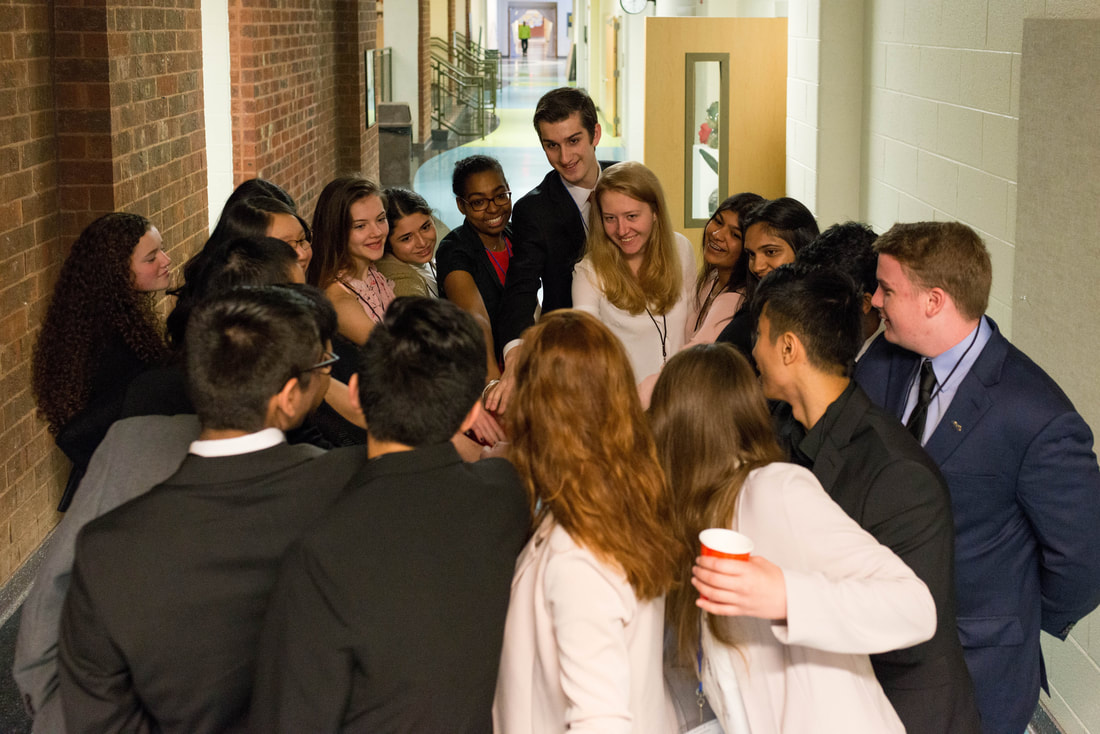
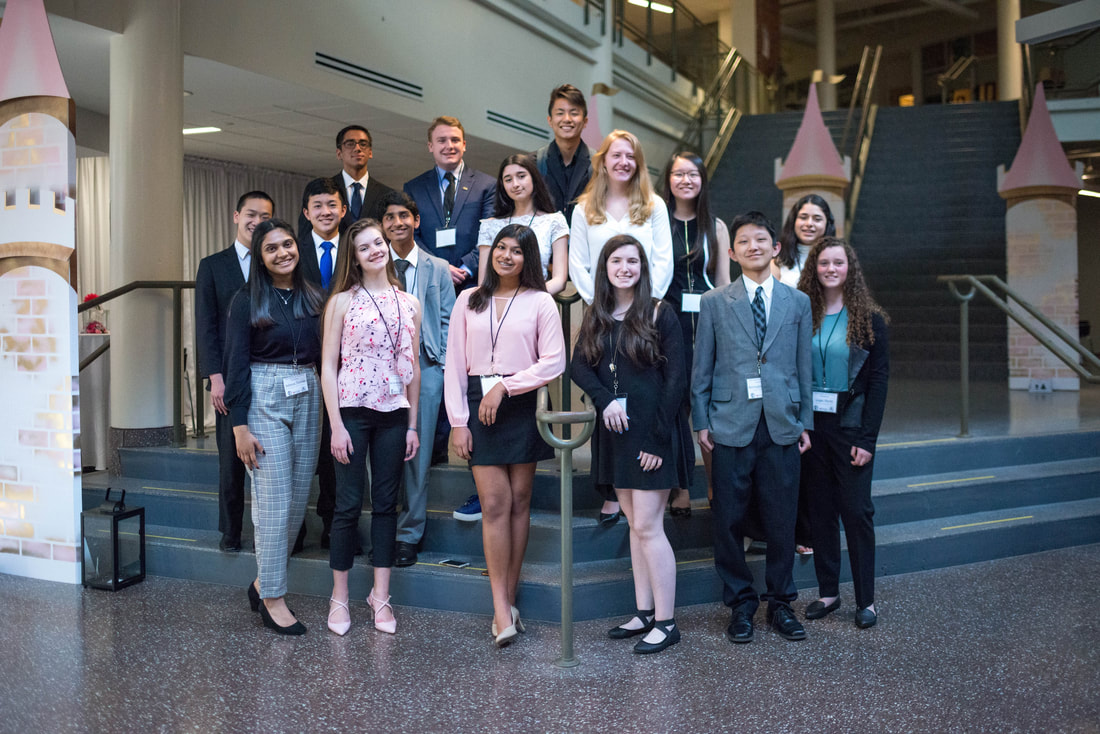
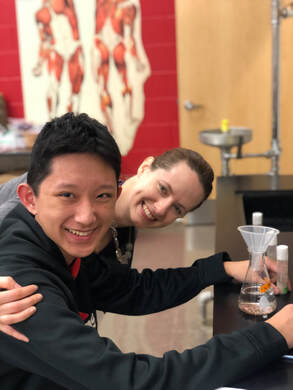
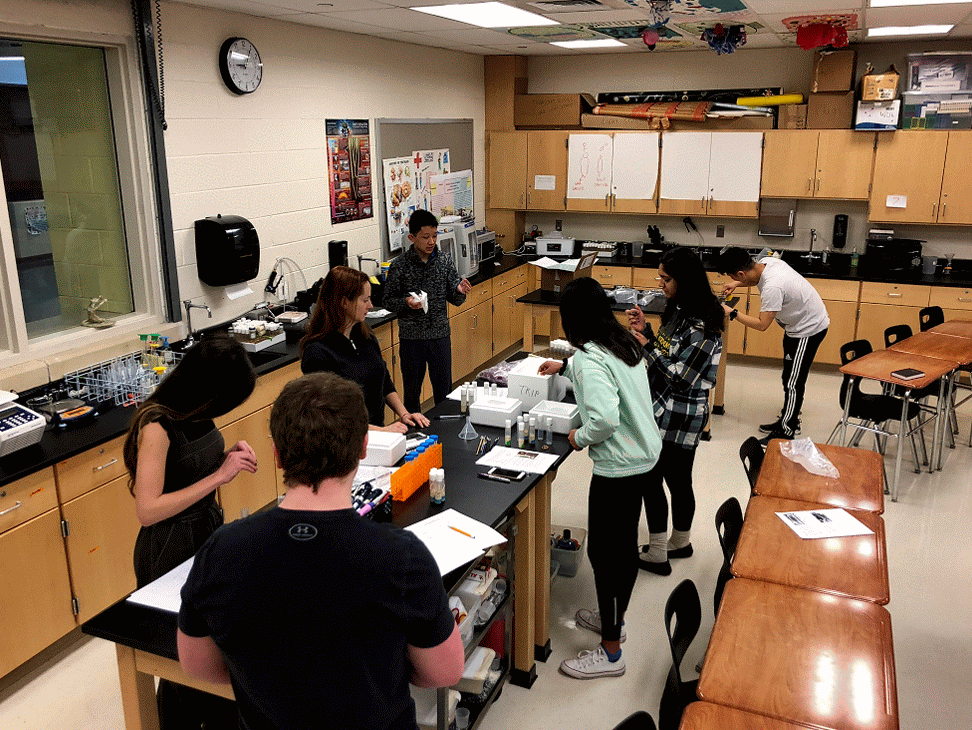
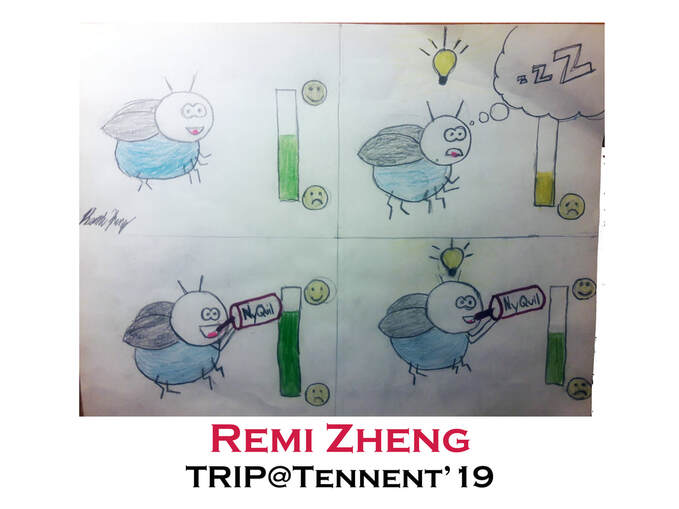
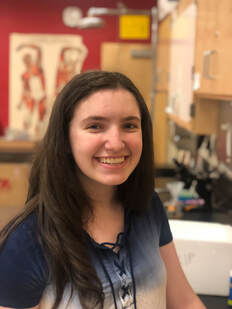
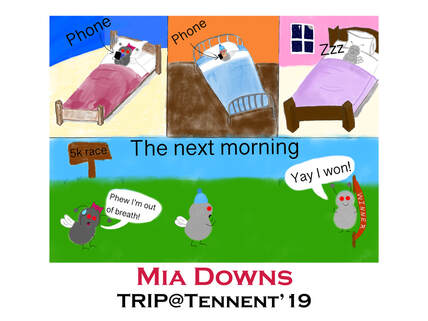
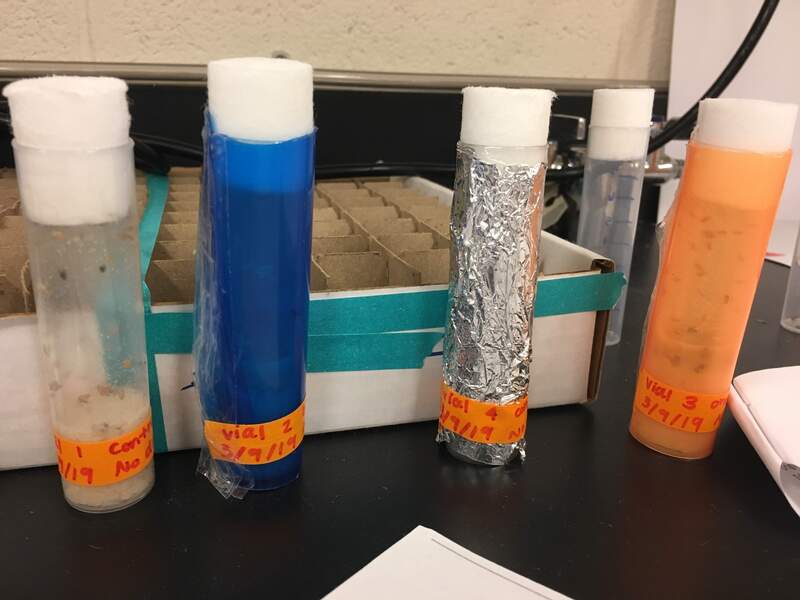
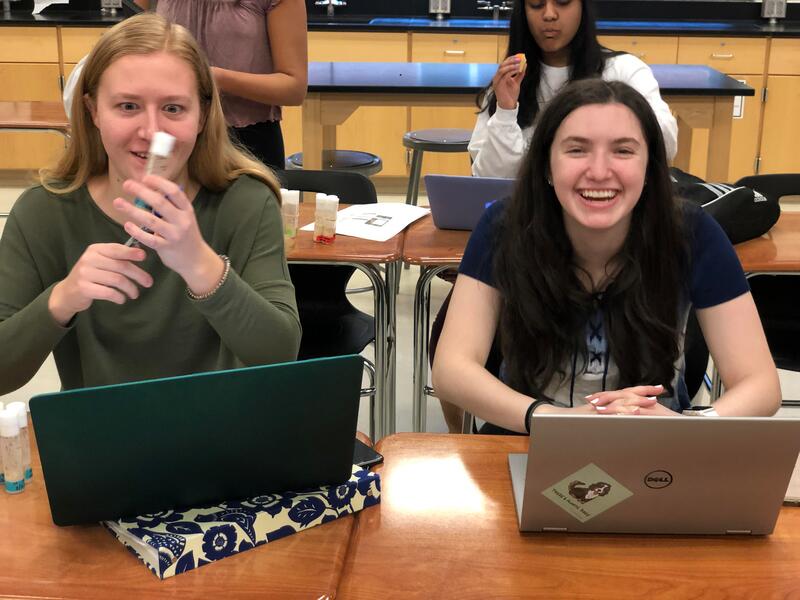
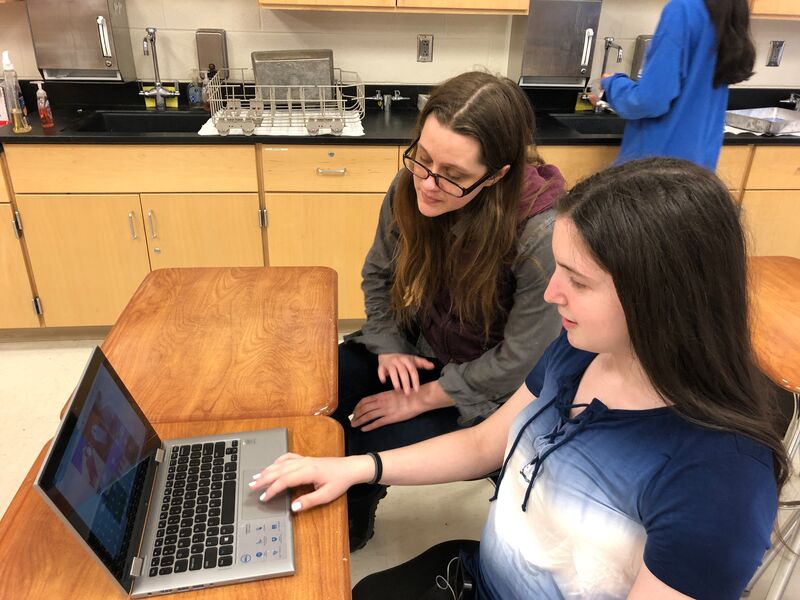
 RSS Feed
RSS Feed